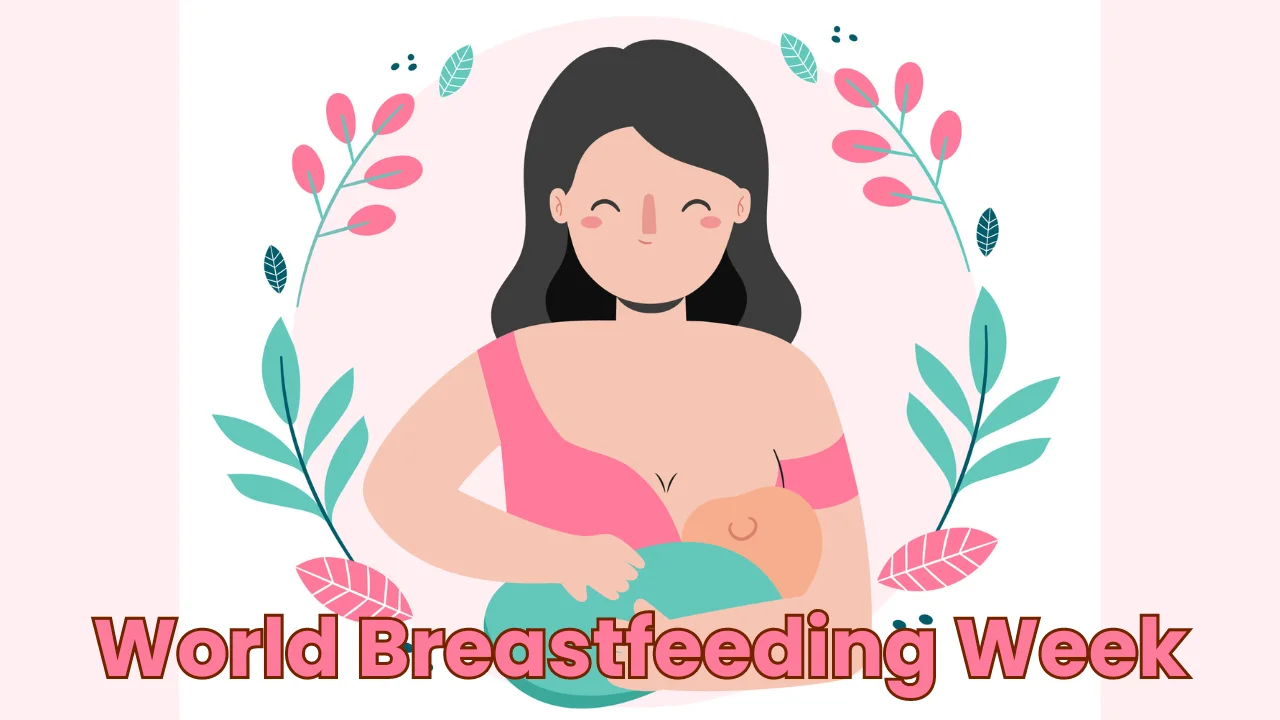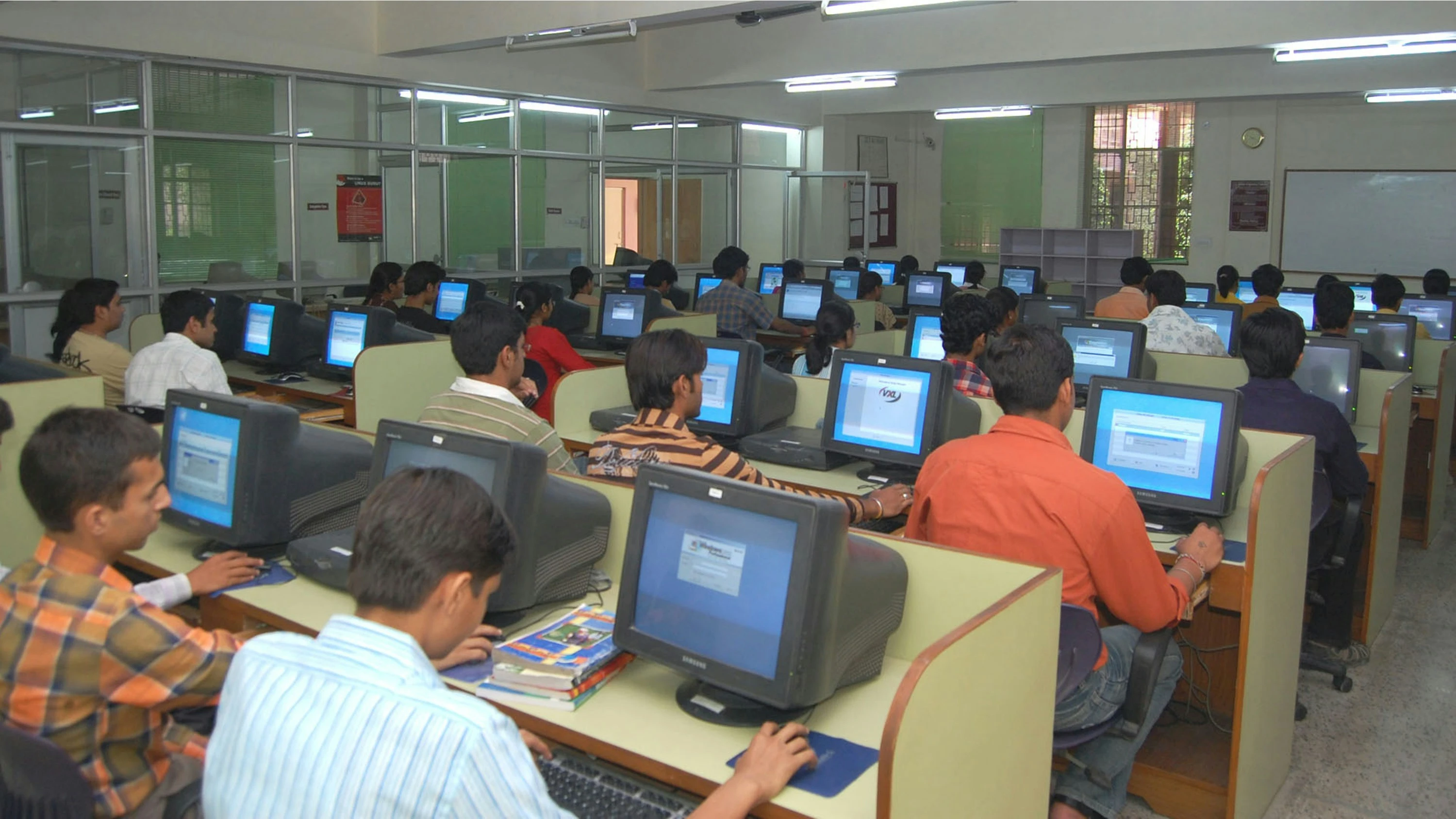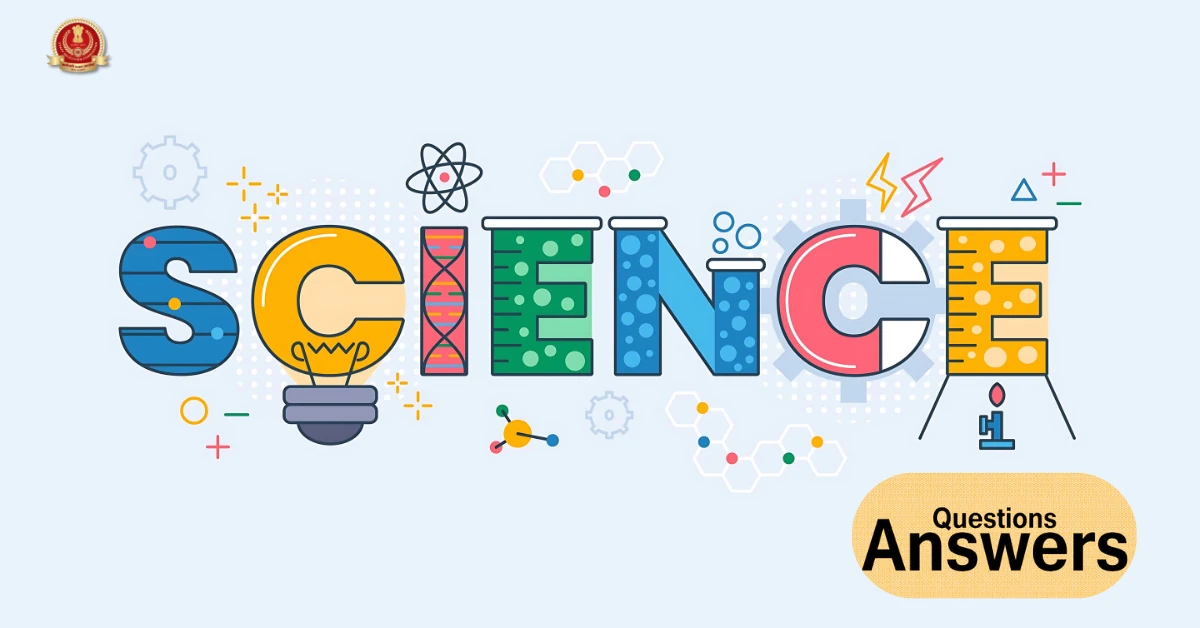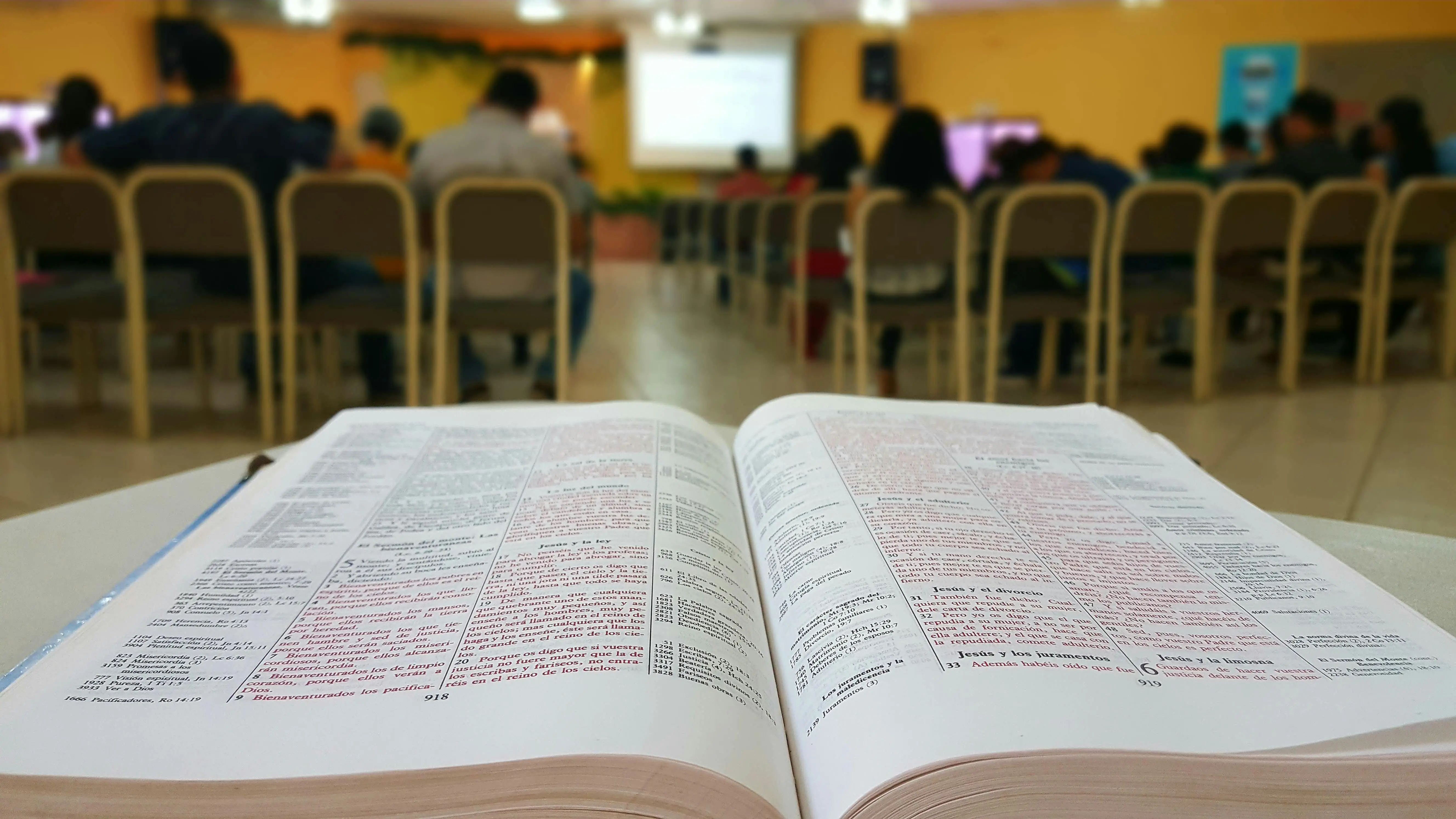World Breastfeeding Week 2024
World Breastfeeding Week is held in the first week of August every year, supported by WHO, UNICEF, and many Ministries of Health and civil society partners.
Breastfeeding is one of the most important things a mother can do for her baby. It provides babies with essential nutrients and antibodies, and it helps to protect them from infections. Breastfeeding also benefits mothers by reducing the risk of postpartum depression and by helping them to lose weight after pregnancy.
World Breastfeeding Week Theme 2024
The official theme for World Breastfeeding Week 2024 is “Closing the Gap: Breastfeeding Support for All”.
This campaign emphasizes the importance of support from families, communities, societies, and healthcare professionals for breastfeeding mothers. It celebrates the diversity of breastfeeding journeys and highlights the ways to support all mothers.
Why Breastfeeding is important?
- Breastfeeding is an essential practice to ensure child health and survival. However, it is concerning that fewer than half of infants under 6 months old are exclusively breastfed, despite recommendations from the World Health Organization (WHO).
- Breastmilk is a complete and safe food for infants, containing essential antibodies that protect them from common childhood illnesses. It provides all the necessary energy and nutrients during the early months of life and continues to be a significant source of nutrition in the following years.
- Breastfed children tend to have better cognitive performance, lower risk of being overweight or obese, and reduced chances of developing diabetes later in life. Moreover, women who breastfeed also experience health benefits, such as a decreased risk of breast and ovarian cancers.
- However, inappropriate marketing of breast milk substitutes hampers efforts to improve breastfeeding rates globally. It is crucial to address this issue and promote breastfeeding as the most beneficial and natural way to nourish infants, ensuring their health and well-being.
Breastfeeding is important because it provides many health benefits for both babies and mothers.
For Babies
- Breast milk is the perfect food for babies. It is easily digestible and provides all the nutrients that babies need for their growth and development.
- Breast milk contains antibodies that help protect babies from infections.
- Breastfeeding may help reduce the risk of allergies, asthma, and obesity in babies.
- Breastfeeding may also help boost babies’ cognitive development.
For Mothers
- Breastfeeding can help mothers lose weight after pregnancy.
- Breastfeeding can reduce the risk of postpartum depression.
- Breastfeeding can help mothers bond with their babies.
In addition to the health benefits, breastfeeding can also save families money. The formula can be expensive, and breastfeeding can help mothers save money on formula and other feeding supplies.
History of World Breastfeeding Week
The story of World Breastfeeding Week is woven with threads of dedication, advocacy, and a tireless global effort to promote and protect one of the most natural and crucial aspects of motherhood – breastfeeding. Here’s a glimpse into its journey:
Early Seeds of Action
- While breastfeeding has been recognized as essential for infant health throughout history, the 20th century saw growing concerns about declining breastfeeding rates in many countries.
- Public health professionals and organizations began advocating for the benefits of breastfeeding and highlighting the challenges mothers faced in sustaining it.
- In 1989, the World Health Organization (WHO) and UNICEF released a joint statement titled “Protecting, Promoting and Supporting Breastfeeding: The Special Role of Maternity Services,” outlining actionable steps to encourage breastfeeding practices.
Birth of World Breastfeeding Week
- In 1990, UNICEF drafted the Innocenti Declaration, a landmark document committing governments to protect, promote, and support breastfeeding.
- Recognizing the need for continued advocacy and action, WABA (World Alliance for Breastfeeding Action) proposed establishing a dedicated week to raise global awareness about breastfeeding.
- This proposal resonated with WHO and UNICEF, and in 1992, the first World Breastfeeding Week was celebrated from August 1st to 7th.
Evolution and Growing Impact
- Over the years, World Breastfeeding Week has evolved into a significant global campaign, celebrated in over 120 countries with diverse events and activities.
- Each year, a specific theme is chosen to focus on current challenges and priorities related to breastfeeding.
- The week has played a crucial role in:
- Raising awareness: Highlighting the numerous benefits of breastfeeding for both mothers and children.
- Addressing challenges: Bringing attention to issues like lack of maternity leave, workplace barriers, and inaccurate marketing of breast milk substitutes.
- Promoting supportive policies: Encouraging governments, healthcare institutions, and employers to implement policies that facilitate and support breastfeeding mothers.
- Mobilizing resources: Galvanizing action and funding for breastfeeding promotion and support programs worldwide.
Celebrating Achievements and Looking Ahead
- World Breastfeeding Week also celebrates the success stories and advancements made in promoting breastfeeding practices.
- Increased breastfeeding rates in several countries, improved maternity leave policies, and growing public awareness are testaments to the ongoing efforts.
- However, challenges remain, with disparities in access to support and information affecting vulnerable communities.
Beyond the Week
World Breastfeeding Week catalyzes action, but the commitment to supporting breastfeeding mothers needs to extend beyond the designated week. Here are ways to contribute throughout the year:
- Educate yourself and others: Learn about the benefits of breastfeeding and share accurate information with family, friends, and communities.
- Advocate for supportive policies: Encourage your local representatives to implement policies that facilitate breastfeeding, such as longer maternity leave and workplace lactation facilities.
- Support breastfeeding mothers: Offer encouragement and practical assistance to mothers who choose to breastfeed.
- Empower healthcare professionals: Encourage healthcare providers to offer accurate information and support for breastfeeding mothers.
World Breastfeeding Week Significance
- Highlights the numerous benefits of breastfeeding for both mothers and children.
- Shines a spotlight on the challenges faced by breastfeeding mothers, like lack of support and information.
- Sparks conversations, combat misinformation and promote positive breastfeeding attitudes.
- Calls for stronger policies and support systems to facilitate breastfeeding in workplaces, healthcare institutions, and communities.
- Urges governments, employers, and healthcare providers to prioritize breastfeeding initiatives.
- Mobilizes action and resources for breastfeeding promotion and support programs globally.
- Recognizes the progress made in increasing breastfeeding rates worldwide.
- Celebrates the achievements and dedication of breastfeeding mothers, healthcare professionals, and advocacy groups.
- Showcases the positive impact of breastfeeding on individual lives and public health.
- Fosters a sense of community and belonging among breastfeeding mothers and supporters.
- Encourages collaboration and knowledge sharing between diverse stakeholders.
- Builds bridges of understanding and cooperation across cultures and communities.
- World Breastfeeding Week serves as a catalyst for ongoing action and support throughout the year.
- Inspires individuals and organizations to continue advocating for breastfeeding-friendly policies and practices.
- Encourages everyone to play a role in creating a nurturing environment for breastfeeding mothers and their babies.
1st August 2024 Special Day
1st August signifies the commencement of World Breastfeeding Week annually spanning the first seven days of August. Coinciding fittingly with the advent of National Breastfeeding Month each year, this global campaign by WHO and UNICEF promotes nursing newborns as an unparalleled source of infant nutrition and maternal health. The opportune timing provides a timely moment to renew efforts supporting nursing mothers and babies through the first six months after childbirth. As health partners unite across nations, the core message resonates clearly – breastfeeding nourishes and nurtures life.
- SIDBI Grade B Notification 2025 Out For 26 Manager Post
- SSC CGL Tier 2 Weightage of English and Quants, Check Here
- 7 Tips for Staying Motivated during SSC CGL Exam Preparation
- General Science Question for SSC CGL Exam, Attempt Here
- SIDBI Grade B Syllabus & Exam Pattern 2025, Download PDF
- Important Topics From Modern History, Marathas, British Conquest

Hello, I’m Aditi, the creative mind behind the words at Oliveboard. As a content writer specializing in state-level exams, my mission is to unravel the complexities of exam information, ensuring aspiring candidates find clarity and confidence. Having walked the path of an aspirant myself, I bring a unique perspective to my work, crafting accessible content on Exam Notifications, Admit Cards, and Results.
At Oliveboard, I play a crucial role in empowering candidates throughout their exam journey. My dedication lies in making the seemingly daunting process not only understandable but also rewarding. Join me as I break down barriers in exam preparation, providing timely insights and valuable resources. Let’s navigate the path to success together, one well-informed step at a time.






